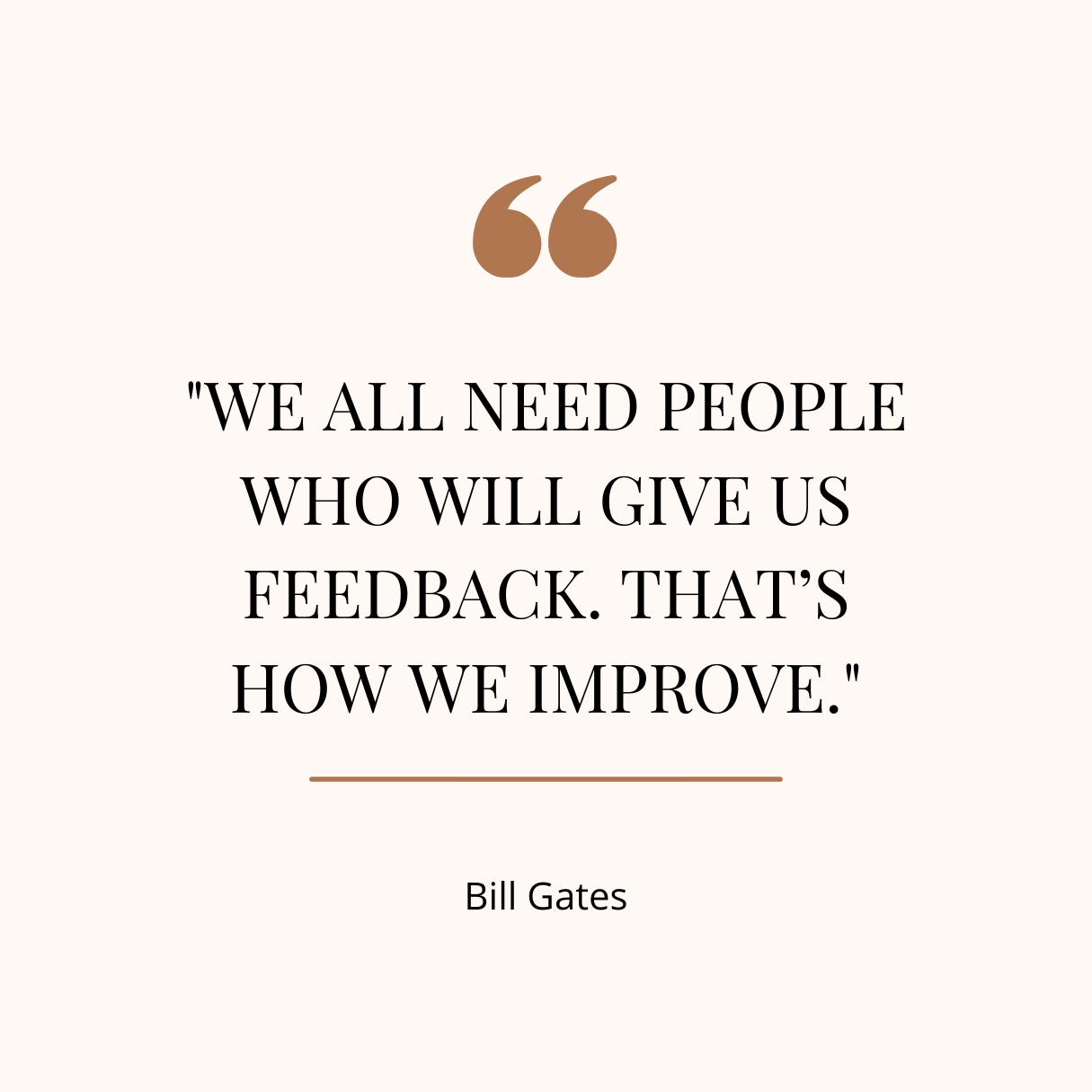Writing Through Self-Doubt: Tips to Quiet Your Inner Critic
Control your inner critic and write without paralyzing fear.
If you need help or some motivation, join me LIVE on Twitch from Monday to Friday, 10:00 AM - 3:30 PM EST! 📚✍️ I’ll be working on my second book, and together we’ll tackle tasks using the Pomodoro Method for focused work sessions. Bring your to-do list, and let’s boost our productivity side-by-side! 🚀
Within in any creative profession, the inner critic will always be there. The voice that shows up just before we take action or put words on the paper.
It taunts us, laughs at us, whispers self-defeating phrases like “we’re not good enough” or “this is trash” or worse, “who do you think you are?” The voice that won’t leave, despite trying out best not to listen to it.
But you, reader, are not alone. Even the best of creators, like famous authors, have that same voice. The difference isn’t in having doubts but how you respond and act towards them. Using insights from the ancient philosophy Stoicism, I’ll discuss three ways to overcome self-doubt and quiet that critical voice of yours. Let’s begin!
Distinguish Between What You Control and What You Don't
Practice Negative Visualization for Your Writing
Practice Voluntary Discomfort with Feedback
1. What’s up to you and What’s Not up to You
Sometimes our self-doubts stems from the fear of what people might think about us. We fear their judgements and opinions, and it paralyzes us from taking any action towards our goals.
But you have to understand that those judgements and opinions are an inevitable part of the creation process. People will always have views and preferences on things, especially on books. You can’t doing anything to change their stances once they’re set but you can change how you respond to them.
The sooner you realize what’s in your control and what’s not, the easier your life becomes.
One of the tenets of Stoicism suggests you should focus on what lies within your power. You don’t control people’s impressions towards your work, but you can control your actions. When it comes to writing, you control your dedication to the craft, the time spent on writing and the discipline you take to learn and improve.
One practical tip I’ve used to overcome my inner self-critic, was to take a moment before writing and say to myself, “I don’t control the outcome.” This mental shift helped me quiet the doubtful voice. Go ahead and give a try!
2. Visualize THE Negative
This may be counter-intuitive albeit downright bizarre, but self/help personal development gurus (including successful entrepreneurs) swear by the practice of negative visualization.
Negative Visualization (like the term premortem in business-speak) is when you mentally rehearse worst-case scenarios. For example, your computer randomly turning off during a writing session, your manuscript being rejected numerous times by agents or you book receiving poor reviews after launch.
Why visualize such setbacks? First, so we can (hopefully) prevent them. By brainstorming unfortunate events, we can come up with solutions to mitigate or deter some of those situations from happening. For example, by always saving your document after each paragraph and keeping a backup on a USB or external drive; by crafting engaging query letters so literary agents are hooked on your premise; by tightening your book’s plot and hiring beta-readers to give you feedback before launch.
Second, the Stoics believe practicing Negative Visualization can help build resiliency. Think of it as desensitizing yourself to what might occur. Lastly, visualizing the setbacks can help shift your perspective. Ask yourself: What's the worst that could happen if your work isn't perfect? Will you still be able to continue writing tomorrow? Will you still be the same person?
Often we exaggerate the outcome to be worse than it is. In reality, your worst fears are nothing more than imagination.
3. Seek Discomfort with Feedback
The Stoics embraced discomfort and sought it often as they viewed it as building resilience and a way to reduce fear. Your inner critic will tell you to avoid stressful situations and seek comfort but this approach will keep you stuck in an endless loop of catastrophizing.
When it comes to writing, build your resiliency to your inner critic by seeking feedback often. Show your manuscript to someone you trust or hire betareaders to get critiques. By regularly practicing the discomfort of receiving constructive criticism, you build immunity to your inner, self-doubter. Over time, you'll develop what the Stoics called apatheia, an emotional “indifference” to criticism.
Feedback = Power
Seek feedback often and seek it fast!
This approach transforms feedback/criticism from something your inner critic uses against you into a tool that serves your growth as a writer. The discomfort becomes purposeful rather than paralyzing.
What Next?
At the end of the day, your inner critic is just trying to protect you from potential pain like rejection, criticism and failure. Thank it for its concern and tell it your growth requires risk. A lot of self-help gurus, including the Stoics, say your self-doubt isn't your enemy but a sign you're pushing beyond your comfort zone.
I still have days when my inner critic sounds louder than my actual writing voice. Instead of being paralyzed by doubt, I've learned to see it as just another part of the creative process. Remember: every famous writer you admire has faced the same demons. They just kept writing. And so will you.
Courtesy Keiren Westwood
Ready to silence your inner critic and find your authentic voice?
Let NanaNudge be your supportive writing companion. With gentle guidance and thoughtful feedback, you'll build confidence with every word you write. Support NanaNudge today and transform your writing journey from self-doubt to self-expression.




